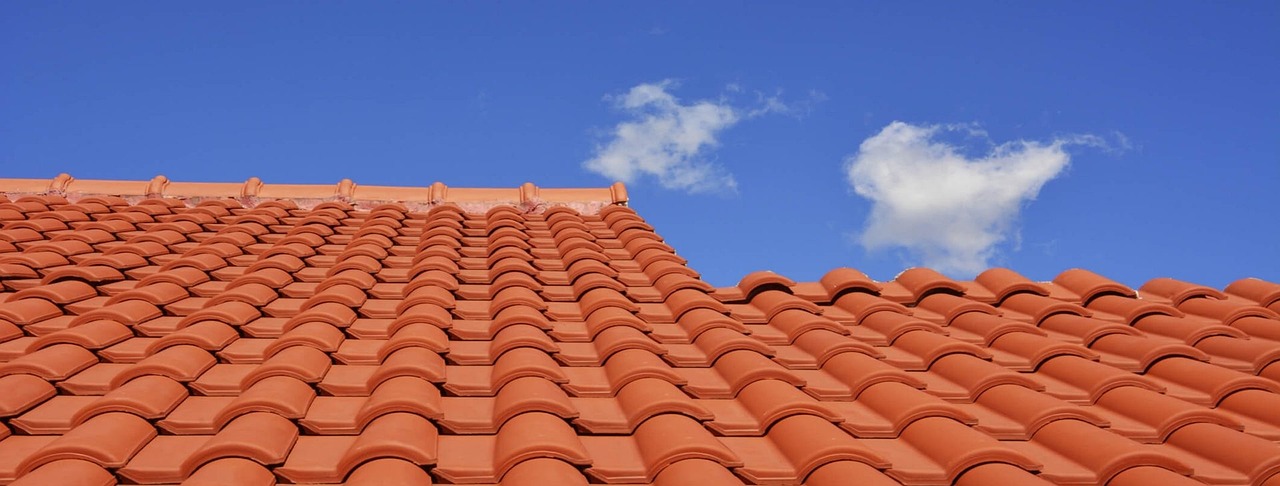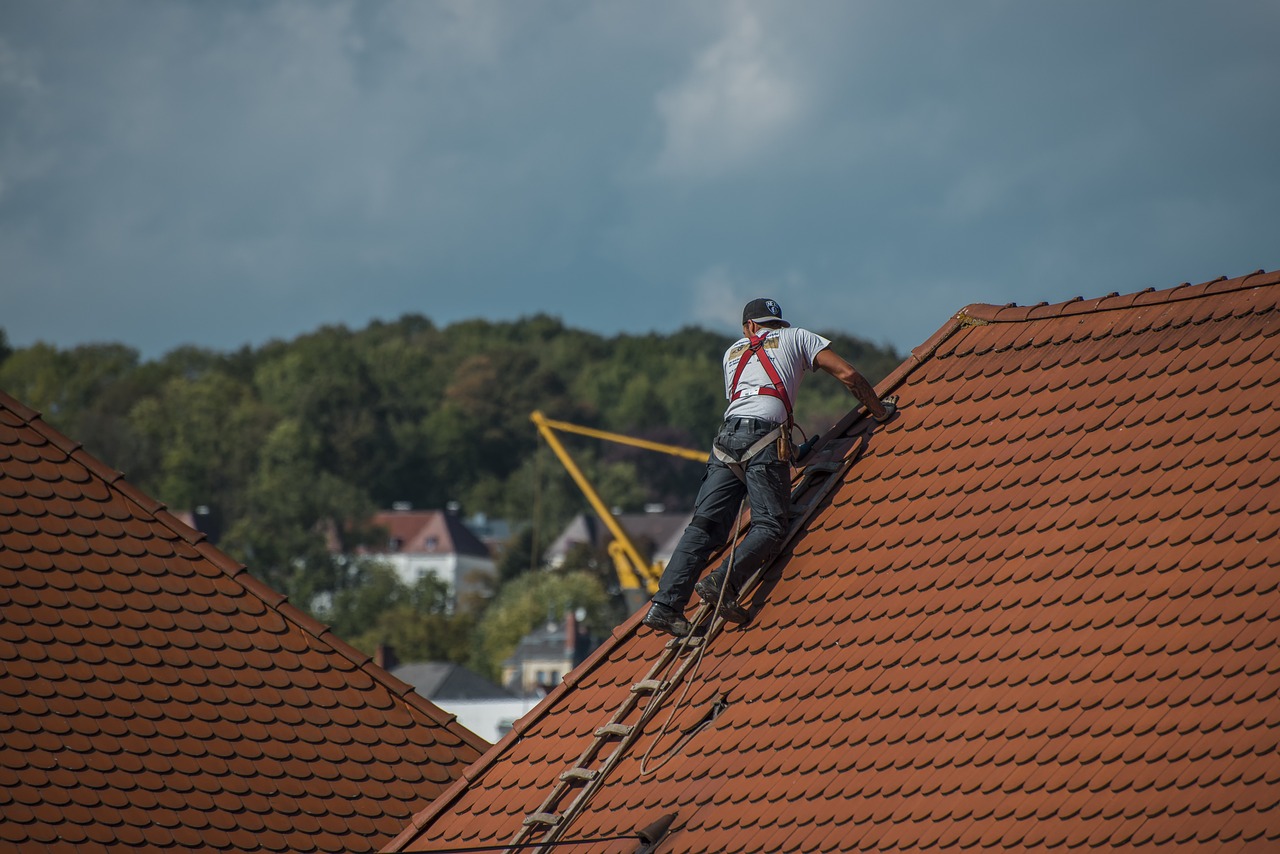Maintaining your roof is not just about aesthetics or prolonging its lifespan—it's also about complying with regulations that ensure safety and proper property care. As a property owner, understanding these roof care regulations is crucial to avoid penalties, ensure the safety of your occupants, and preserve your investment. Here’s what you need to know about the essential regulations governing roof care.
1. Building Codes and Roofing Standards
One of the most important aspects of roof care is adhering to local building codes. These codes are regulations that set standards for construction, including roofing materials, installation methods, and repair practices. Building codes exist to ensure that your roof is safe, durable, and weather-resistant.
For example, some regions have specific regulations for materials based on climate conditions. Local codes may require roofs with steeper pitches or stronger materials in areas prone to heavy snow. In hurricane-prone regions, building codes might mandate the use of wind-resistant roofing materials. Before embarking on a roof repair or replacement, it’s essential to check your local building codes to ensure compliance.
Failure to comply with these codes could result in fines or the need to redo the work. If you’re unsure of the requirements, consulting a professional roofer who is familiar with local regulations is a wise first step.
3. Environmental Regulations and Roof Care
Sustainability is becoming increasingly important in building regulations, and roof care is no exception. Many localities now have environmental regulations that govern roofing materials and practices to minimize the impact on the environment. These can include guidelines on using sustainable materials, reducing energy consumption, or even implementing green roofs.
In some areas, there are incentives for property owners who choose eco-friendly roofing options, such as solar panels or reflective materials that reduce heat absorption. These incentives might include tax breaks, rebates, or other benefits that help offset the initial cost of installation.
When planning any roof care or upgrades, it’s worth exploring whether your local area offers such incentives. To read more about eco-friendly roofing options, check with an environmental office or roofing expert. Choosing environmentally friendly materials not only benefits the planet but can also save you money in the long run through energy efficiency and government incentives.
3. Permits for Roof Repairs and Replacement
In many areas, significant roof repairs or replacements require permits from your local government. This ensures that all work is up to code and meets safety standards. Depending on where you live, even minor repairs may require a permit, while other areas might only require one for a full roof replacement.
Before starting any roofing project, it’s important to contact your local building department to find out if a permit is needed. The process typically involves submitting a permit application, outlining the scope of the project, and paying a fee. Inspections may also be required during and after the project to ensure the work complies with all regulations.
Neglecting to secure a permit when required could result in fines or delays if the work must be inspected. If the lack of a permit is discovered after the fact, it might also complicate future property sales, as potential buyers will want proof that the roof work was done correctly.
4. Homeowners Association (HOA) Rules
If you live in a community governed by a homeowners association (HOA), you may face additional regulations concerning roof care. HOAs often have specific rules about the appearance, materials, and maintenance of roofs to ensure that all homes in the community have a consistent look.
HOAs may dictate everything from the color of your shingles to the type of roofing material you can use. These rules are designed to maintain property values and create visual harmony within the community. Before undertaking any roofing work, it’s crucial to review your HOA’s rules and get approval if required.
Failing to comply with HOA regulations could result in fines or even legal action. Moreover, making unapproved changes to your roof might require you to undo the work at your own expense. Always check with your HOA before starting any roof repairs or replacements to avoid potential conflicts.
5. Safety Standards and Contractor Requirements
Roof work can be dangerous, and there are safety standards in place to protect both workers and property owners. For this reason, it’s essential to hire a licensed and insured roofing contractor who complies with safety regulations. Licensed contractors are trained to adhere to Occupational Safety and Health Administration (OSHA) standards, which minimize the risk of accidents and ensure proper installation techniques.
Additionally, ensuring your contractor has proper insurance protects you from liability if an accident occurs during the roofing project. Always verify that your contractor is licensed and insured before starting any work on your roof.
If you plan to do minor roof repairs yourself, make sure to follow all safety precautions, such as using proper equipment and working with a partner. Even small projects can pose significant risks if not done carefully.
6. Warranty and Insurance Considerations
When performing roof care, it’s important to be aware of how it might affect your roof’s warranty and your homeowner’s insurance policy. Many roofing materials come with warranties that require regular maintenance to remain valid. Skipping necessary maintenance could void your warranty, leaving you responsible for the full cost of future repairs or replacements.
Certain roof care regulations may also be tied to your homeowner’s insurance. Insurers often require that roofs meet specific standards to remain insurable. Regular inspections and maintenance can help prevent issues that might lead to a claim, ensuring that your insurance policy remains valid and that you’re protected in a roofing emergency.

Understanding roof care regulations is essential for any property owner. By staying informed about local building codes, permits, and environmental requirements, you can ensure that your roof remains in top condition and compliant with all regulations. Additionally, considering your HOA rules, contractor safety standards, and the impact on warranties and insurance will help you make the best decisions for maintaining your property.










